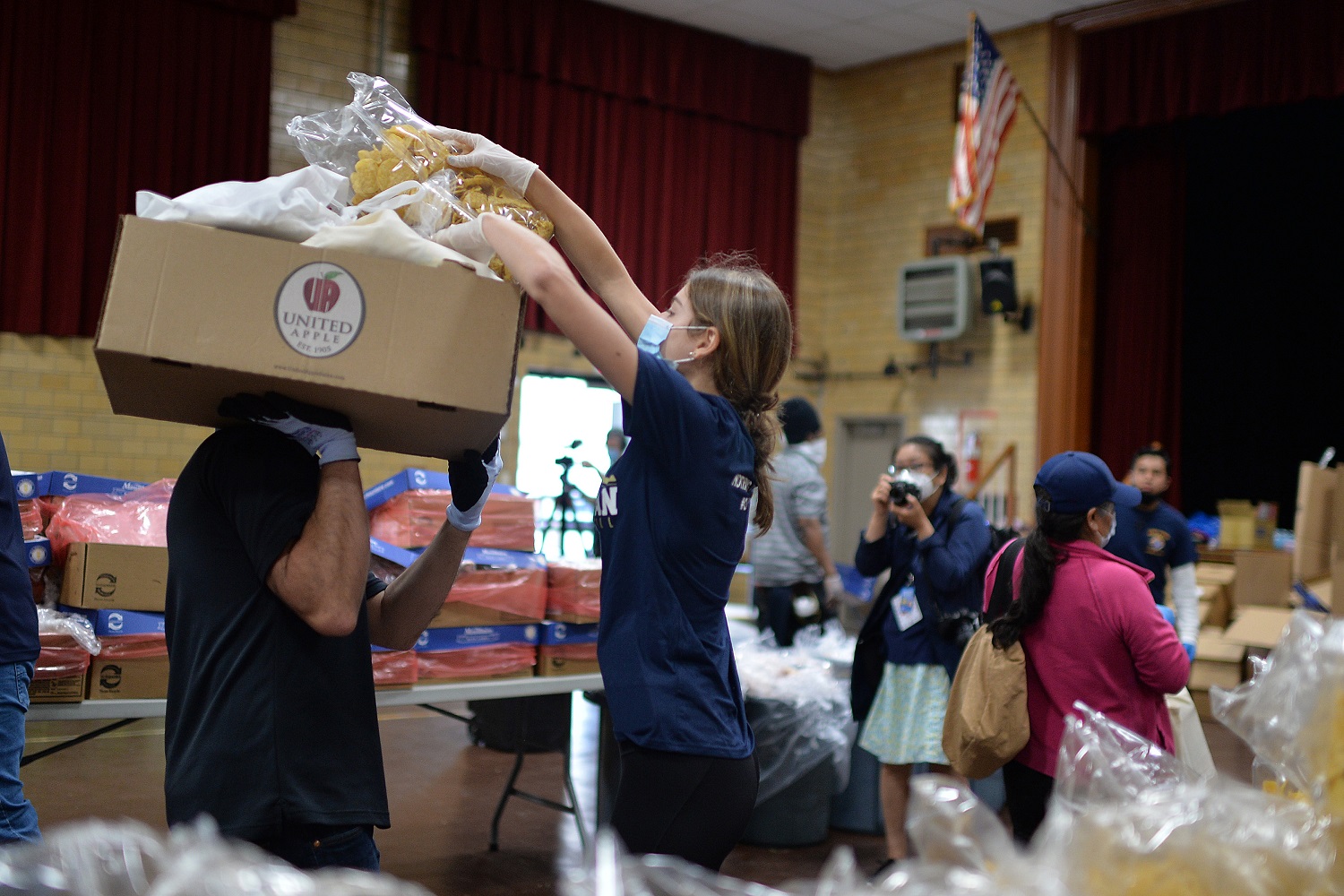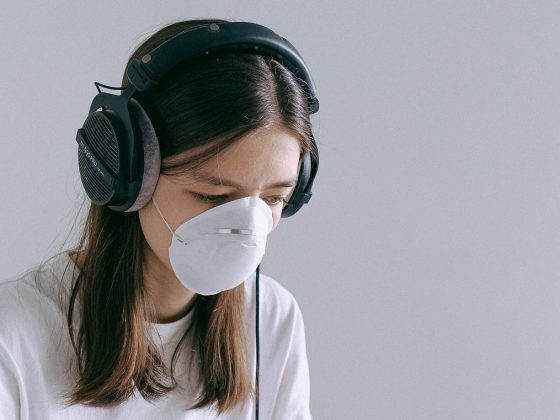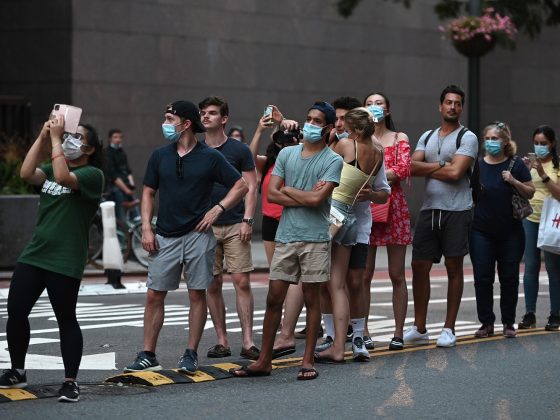Look around, we need a bailout plan, and we need it fast. COVID-19 is winning on all fronts, the economy is crashing, anxiety is rising, and aggression is winning. But there are things we can do, if we have the guts, gumption, and grit.
First, we need to free the world from the illusion that the coronavirus is a passing phase. It is here to stay. It may not remain the coronavirus that we know today, but its quelling impact on the capitalistic world we’ve known for generations will remain. So whether we like it or not, capitalism as we know it is over, and the sooner we get over the withdrawal phase, the better.
Next, the majority of the job market that we know today will not survive the transition. Anything that is not essential for regular human sustenance will fade, though perhaps not immediately, and the remaining occupations will shrink in size and volume to a fraction of what they are today. Alongside the demise of the old job market, a new scope of jobs will emerge. The New York Times columnist Thomas Friedman referred to them as jobs that “create more value with hearts and between hearts.”
“Alongside the shift in the job market, society will transform its values from admiration of the powerful and narcissistic to esteem for the empowering and altruistic. This will not be a society that worships superheroes, but one that honors those who bring it together in solidarity.”
These jobs will be occupations that deal exclusively with bringing people together, increasing mutual responsibility within communities, mutual care and concern, and a sense of accountability and affinity even among strangers. To engage residents in the process, another aspect of this new social work will deal with providing knowledge about the shift that the world is going through. The information will be given via courses that will explain the nature of the change we’re going through, why all of a sudden the economy came crashing down, why we must be responsible for one another like never before, the benefits of such a change of mind and change of heart, and what would happen had we kept going the way we did until the outbreak of COVID-19. The two kinds of training—for enhancing solidarity and providing knowledge—will run side by side and will keep people busy at least as many hours as they would be occupied had they kept working as before, perhaps minus transit time.
Third, the transition period between the capitalist era and the new era must be as short as possible. Human nature loves rest and becomes accustomed to it almost instantaneously. As a result, if people stay home idly for more than a few months, they will begin to lose their ability to commit. Once they are in that state, it will be virtually impossible to train them and make them productive for society, and they will remain a weight on the back of society.
Fourth, alongside the shift in the job market, society will transform its values from admiration of the powerful and narcissistic to esteem for the empowering and altruistic. This will not be a society that worships superheroes, but one that honors those who bring it together in solidarity.
Fifth, preparing the next generation for life in the new world will require changes in the approach to learning, teaching, communication between teachers and students, and between students and students. As in society, so at school, the most commended students will be those who excel in helping their peers work together. The idea isn’t a novel one; it’s been around for more than a decade. Perhaps the best expression of the practicality of collaborative learning is a quote that patent lawyer Lawrence Ebert J.D. found in an essay about high-school cheating: “In no industry is collaboration considered cheating. Only in school is this a problem. What are we teaching our kids?”
We have very little time to make the change. COVID-19 is pressing and old certainties are crumbling. Fringe groups have become mainstream and extremities the norm. If the bailout plan begins without delay, it can take us across the water to the other bank in relative calm and safety. If we let the current carry us where it is going, we will drown.











